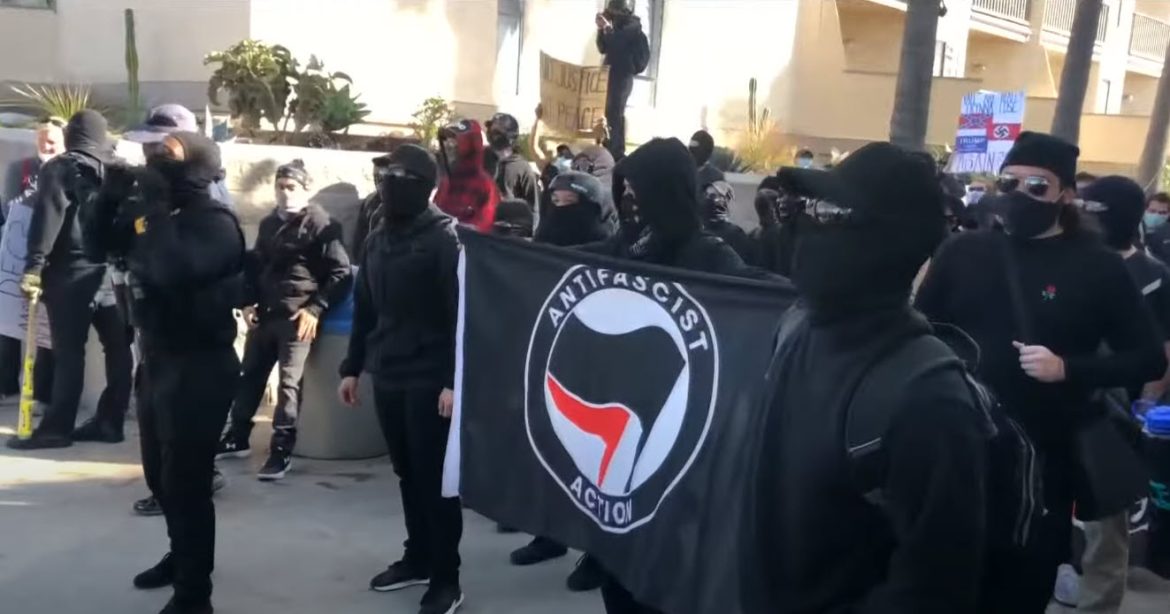A San Diego judge has sentenced eleven Antifa counter-protesters to prison for their actions during a counter-protest at the so-called Patriot March in Pacific Beach in 2021. The prison sentences range from six months to two years, with three of the defendants already having been sentenced earlier. This marks a significant development in the aftermath of the clashes that occurred just days after the January 6th Capitol riot.
According to prosecutors, the self-proclaimed anti-fascist group attended the Patriot March armed with pepper spray, baseball bats, and tasers. Their presence led to violent confrontations, resulting in several injuries among those present. The charges against the defendants included assault with a deadly weapon and illegal use of tear gas, among other offenses.
The San Diego District Attorney’s office emphasized that the sentences reflect the seriousness of the violence and the need to maintain public order. District Attorney Summer Stephan stated, “Violence and intimidation will not be tolerated in our community, regardless of political views. This case demonstrates our commitment to holding individuals accountable for unlawful actions.”
The Patriot March, which took place on January 9, 2021, was organized by individuals and groups expressing support for former President Donald Trump. The Antifa counter-protesters, identifying as anti-fascists, aimed to oppose what they saw as far-right extremism. The ensuing clash in Pacific Beach resulted in a chaotic scene with significant injuries and damage.
The sentencing of the Antifa members is seen as a closure to the high-profile case that has drawn national attention. It underscores the broader tensions and conflicts between opposing political factions in the United States, particularly in the wake of the Capitol riot. The legal proceedings have highlighted the challenges law enforcement and the judiciary face in addressing politically motivated violence while protecting First Amendment rights.
With the sentencing now complete, the San Diego District Attorney’s office considers the case closed. The community, however, continues to grapple with the broader implications of such violent confrontations. Efforts to promote dialogue and understanding between differing political and social groups remain critical to preventing future incidents.
The conclusion of this case serves as a reminder of the importance of peaceful protest and the legal repercussions of resorting to violence. As communities nationwide continue to navigate political divisions, the emphasis on lawful and non-violent expression of views is paramount.



